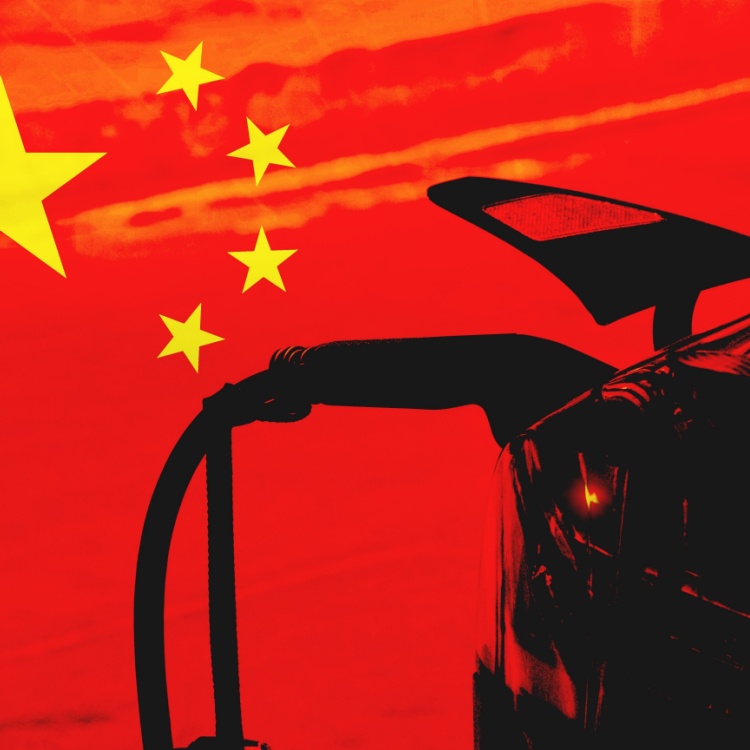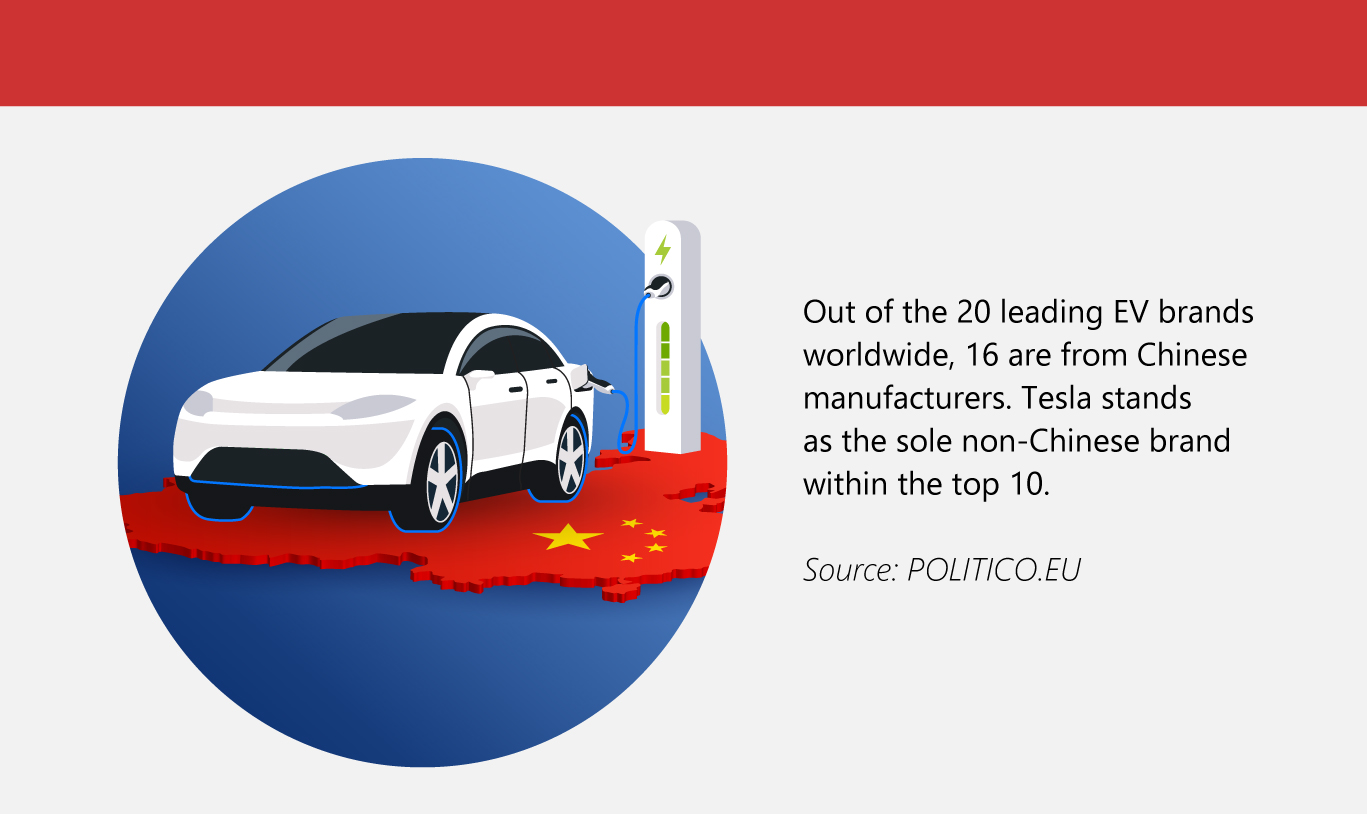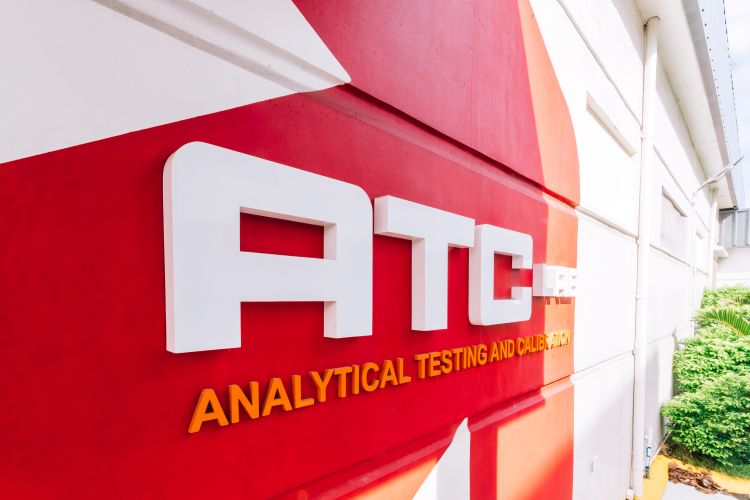Why China Is Winning the EV Race

China has cemented its dominance in the automobile industry market shares, particularly in the EV sector. The nation’s annual EV sales skyrocketed from 1.3 million to 6.8 million in just two years, maintaining its position as the world’s largest EV market for the eighth consecutive year in 2022. By contrast, the US sold a modest 800,000 EVs that same year.
Germany’s reputation for manufacturing excellence is challenged as its leading automakers report steep declines in third-quarter sales in China in 2024. BMW experienced its sharpest drop in over four years with a 30% plunge, while Mercedes saw a 13% fall in demand, particularly for its high-end models like the S-Class and Maybach.
Porsche recorded its worst third-quarter performance in a decade, with sales tumbling 19% as global demand for the Taycan halved. Volkswagen, the parent company of Porsche and Audi, also reported a 15% decline, highlighting broader challenges in sustaining their foothold in the Chinese market.
After years of leading the gas-powered vehicle market, German automakers grew overconfident, overlooking the rise of new competitors. Their focus on revenue from large-engine vehicles left them unprepared for the surge of innovative and affordable electric models from Tesla and Chinese firms like BYD. Now, with China embracing homegrown EVs, demand for German brands has sharply declined.
German manufacturers, once leaders in the Chinese industrial market, now grapple with significant losses. Their market share has fallen to almost 15%, down from 25% before the pandemic, with EVs making up less than 10%. Without swift action, this downturn could escalate into a crisis, as VW, Mercedes, and BMW collectively lag behind BYD, whose stock market value now doubles that of Germany’s Big Three.
German carmakers strive to strengthen their presence in China
Germany’s car manufacturers are doubling down on their efforts in China, investing heavily to regain footing in a challenging market. Unlike some international peers that have scaled back operations, German firms are channeling resources into localization strategies, emphasizing “in China, for China” approaches to align with consumer preferences. However, this long-term strategy comes with steep challenges, as Beijing prioritizes the growth of domestic manufacturers.
With over 40 factories in China—more than in Germany—this commitment highlights the importance of China for future-ready global manufacturing strategies. As Europe’s car market shrinks and the US becomes saturated, China remains essential for companies looking to stay competitive. However, navigating tough competition and government regulations may lead to changes that make German cars less uniquely German to suit local needs.
7 reasons why China EVs are leading the race
China has emerged as the leader in the global EV market, solidifying its position through advanced industrial manufacturing and unparalleled market scale.
-
Electrifying the automotive market
China's car industry faced a crossroads in the early 2000s. While it excelled in manufacturing internal-combustion cars, domestic brands could not rival established US, German, and Japanese automakers. Competing on internal-combustion innovation seemed unattainable, and hybrid vehicle development was already dominated by countries like Japan.
Meanwhile, nations excelling in gas and hybrid vehicles had little motivation to invest in emerging technologies like EVS, viewing their existing models as the pinnacle of automotive innovation. This dynamic spurred China to pivot toward electrifying the automotive market, positioning itself to lead the global EV race by embracing innovation where others hesitated.
-
Government support
China’s EV dominance stems from strategic government support, including subsidies, tax breaks, and procurement contracts that funded early development and adoption. Policies like license plate incentives and partnerships with cities propelled innovation. By prioritizing EVs in national planning, China sold over 6 million EVs in 2022, accounting for more than half of worldwide sales.
-
Environmental incentive
China embraced EVs as an eco-friendly solution to tackle air pollution, lower oil dependency, and stimulate economic recovery after the 2008 financial crisis. This strategy positioned Beijing to address environmental challenges while promoting economic growth, reinforcing its commitment to sustainability.
-
Structural advantages
China’s strong foundation in manufacturing offered a strategic edge in EV production. While EVs required different technology, the existing auto supply chain adapted seamlessly. The country’s robust design-for-manufacturing approach, leveraging efficient production capabilities and affordable materials, enabled a smooth transition from traditional vehicles to supporting a growing EV industry.
-
Sophisticated technology and affordability
EVs from China excel in product design and development while maintaining affordability. Brands like Nio integrate advanced technology, including personalized voice controls and luxurious interiors, at significantly lower prices. These innovations redefine luxury, positioning Chinese EVs ahead of traditional automakers in a market prioritizing tech sophistication over conventional features.
-
Foreign partnerships
Global manufacturing companies have propelled China’s EV industry to dominance. By welcoming firms like Tesla with subsidies and streamlined policies, China created a thriving ecosystem. Tesla’s success spurred local innovation, driving domestic brands to excel in technology and affordability. This collaboration strengthened China’s EV market, cementing its leadership in EV production worldwide.
-
Battery innovations
Chinese companies pioneered lithium iron phosphate (LFP) batteries, which are safer, cheaper, and more reliable than traditional alternatives. Coupled with China's control over critical battery materials and extensive manufacturing solutions, these innovations make Chinese EVs more affordable and competitive globally.
Where China’s EV market stands
China's rapidly growing domestic demand for EVs reflects a shift in consumer preferences, with more than half of Chinese buyers considering EVs. A diverse range of homegrown brands, from traditional automakers to tech-driven startups, have capitalized on this demand. These brands appeal to a new generation of consumers who view them as equal to, if not better than, foreign counterparts, aided by strategic marketing and a strong sense of nationalism.

As one of the Top 20 EMS companies in the world, IMI has over 40 years of experience in providing electronics manufacturing and technology solutions.
We are ready to support your business on a global scale.
Our proven technical expertise, worldwide reach, and vast experience in high-growth and emerging markets make us the ideal global manufacturing solutions partner.
Let's work together to build our future today.
Other Blog



